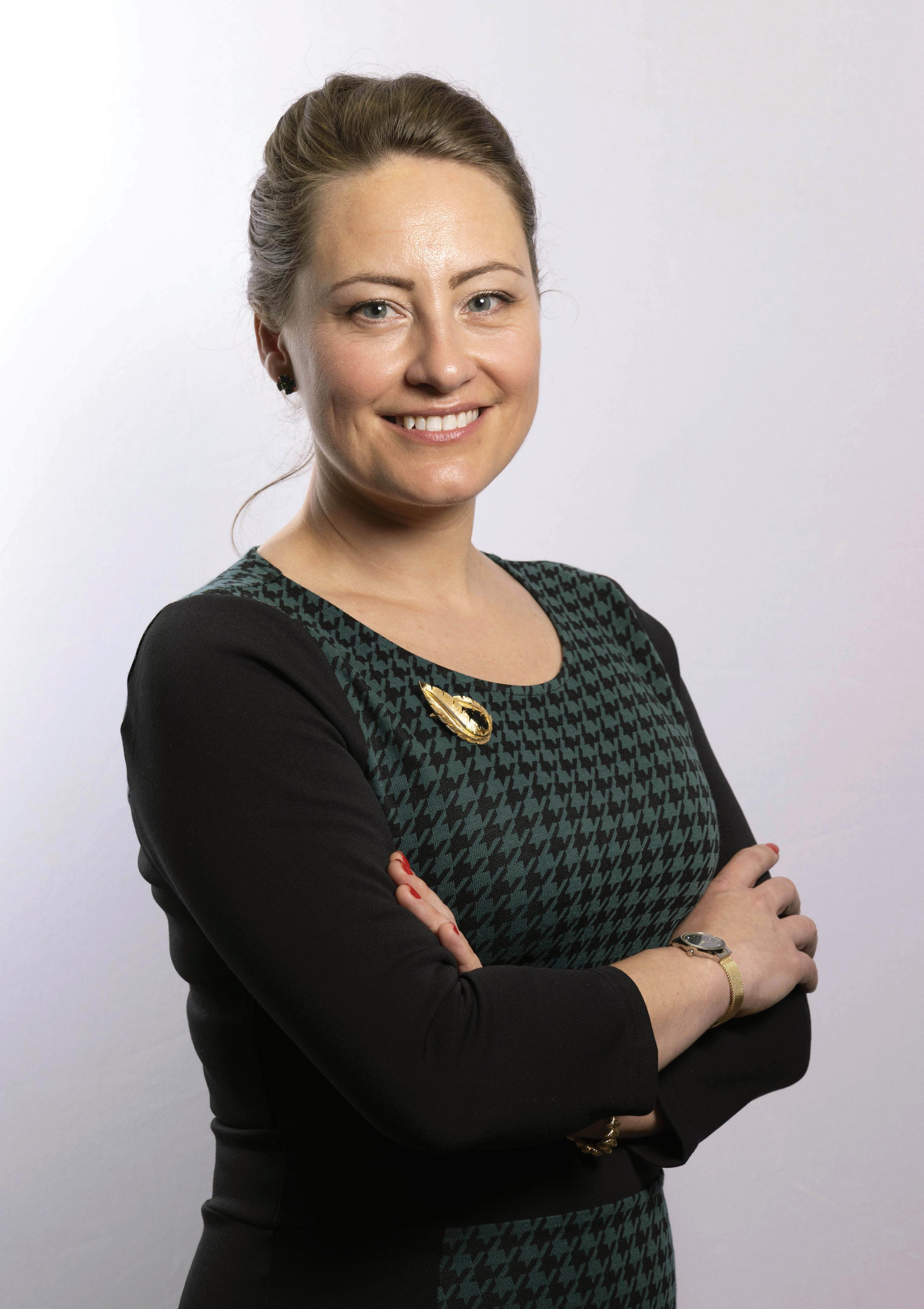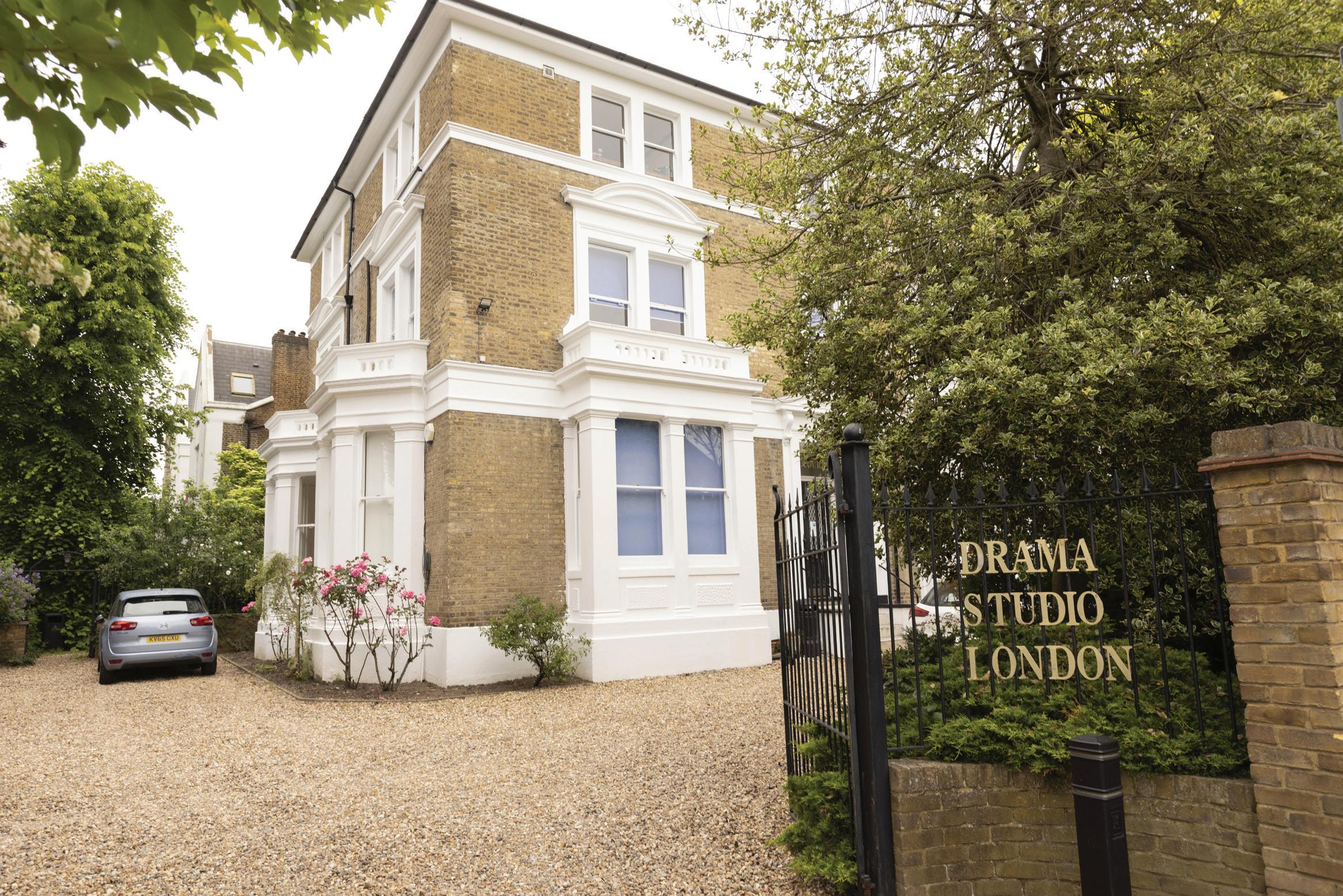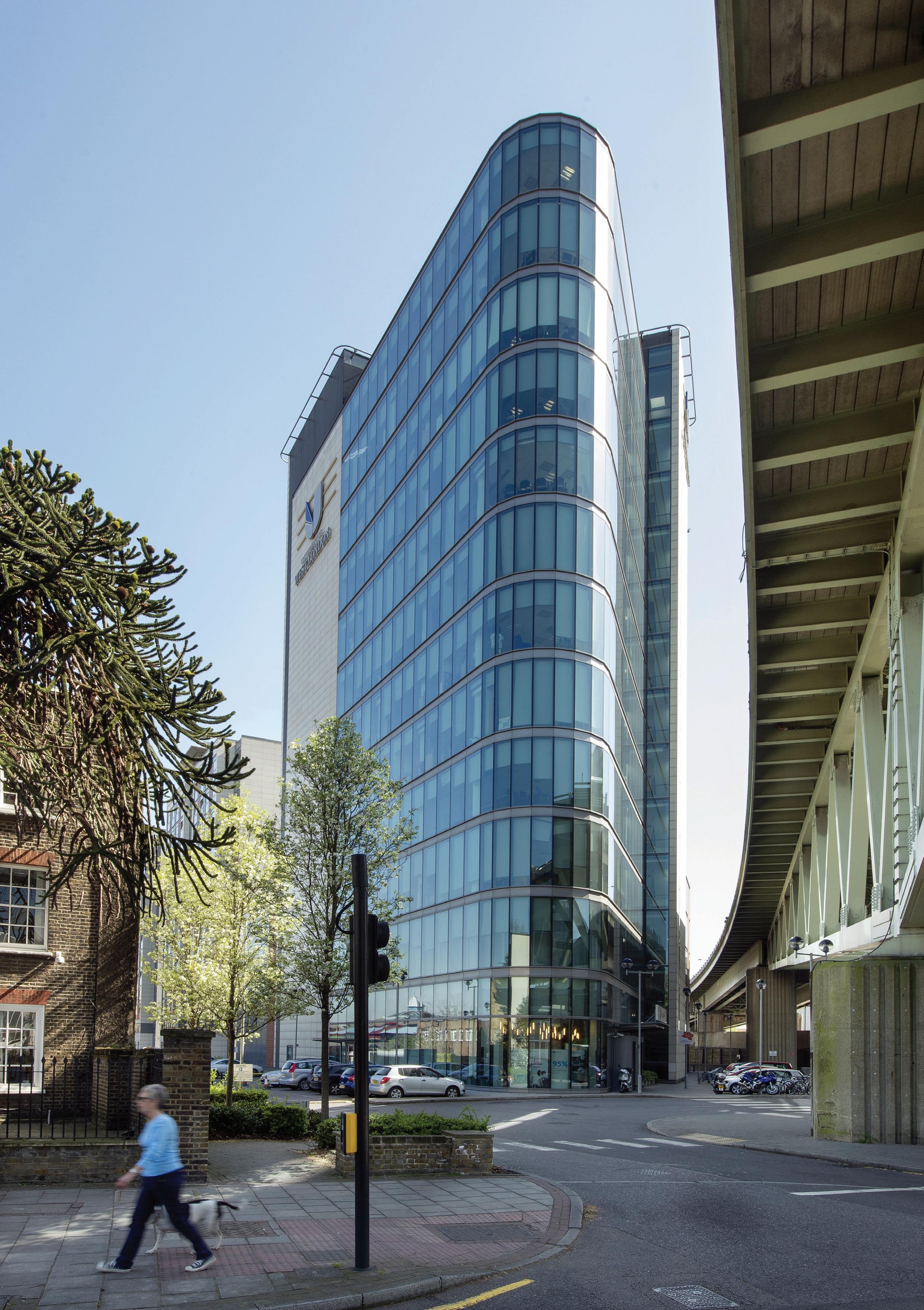






Sustainability lies at the core of the mission at the University of West London (UWL), and is firmly embedded in its activities. Claire Willitts, Executive Director of Property and Environment, describes for Executive Insight the university’s journey towards its vision of being a model institution in the preparation of graduates who are economically, socially, and ecologically impactful.
UWL is in the top five sustainable universities in London, aiming to becoming a leader in environmental and sustainability management, and is working hard to become a net-zero carbon institution by 2030. UWL is also a proud holder of an Eco Campus Platinum accreditation, the educational equivalent to the ISO 14 001 international standard, re-accredited in December last year for the next three years.


Making sure that environmental sustainability remains at the forefront of the university’s strategy is the task bestowed upon Claire Willitts. A Chartered Surveyor with a first-class bachelor’s degree in Criminology and Criminal Justice from the University of Portsmouth and a master’s degree in Surveying from the University of Reading, Claire has been working with or for UWL since 2009, managing property, space and facilities projects, to become Executive Director of Property and Environment in 2021.
She says that she chose her degrees because they promised a career that would be applied and practical, which has delivered as promised in her current role.
“Serving as Executive Director of Property and Environment at UWL is my first-ever role with a direct responsibility for environmental sustainability. And I feel I can’t go back. Not only do I love my work, it has also broadened my horizons and I’m passing that knowledge and practise onto colleagues, my immediate family and friends. That sort of organic, cultural change is what has to happen to all of us if the world is to make a significant step forward.”
UWL’s approach is to make sure that sustainability is really embedded at its core, that it becomes part of everyone’s day-to-day life whether that is staff behaviour, students’ education or the way in which residents interact with the university. Then a real impact can be made.
Claire affirms that de-carbonisation and emission reduction are driving the need for environmentally friendly estates and improved campus efficiency. There is a well-developed awareness of sustainability at the University, and sustainability is very high on the executive agenda.
“We are now in the process of re-designing our net-zero carbon plan. Previously, we were working on the government-issued baseline from 2005. Now we are re-working that baseline – our data-based net zero plan will have to be an evolving, organic, living document that reflects the changing sustainability landscape and yet sustains its own integrity.”
UWL has already achieved great progress in making its assets greener. In 2021, the university launched a £5.1 million estate decarbon -


isation project as part of the government’s Public Sector Decarbonisation Scheme delivered by Salix Finance – the largest amount awarded to a UK university during the first round of PSDS funding.
Retrofit projects over four sites include low-emission heating, from ground-source and air-source heat pumps, Building Management System optimisation and lighting upgrades, as well as a photovoltaic thermal system all linking into existing heating and hot water distribution systems. The ultimate result was the removal of gas services from 80% of the University’s assets.
“At our main site in Ealing, we now have Europe’s, and potentially the world’s, largest combined photovoltaic thermal and ground source heat-pump system. We also have Europe’s first installation of the Panasonic SysAqua3 220kW air-source heat pumps on another site, with an advanced cascading thermostatic control system smartly responding to weather conditions and the conditions in the building,” says Claire.

She explains that this state-of-the art technology not only saves a considerable amount of CO2 but has also created a regenerative system that can supply both heating in winter and cooling in summer, replenishing the ground with the extracted and unused heat. “This transformation really highlights the benefits of combining multiple technologies and embracing innovation as the benefits can exceed expectations if you are willing.”
This major project will save an estimated 500 tonnes of carbon each year and 9,460 tonnes across the equipment’s lifetime. It will also save 3,116,738 kWh of gas-derived energy per year (equivalent to 70 heated homes) whilst improving local air quality and has a social return on investment in excess of £15 million. The project has been sector-leading in retrofit, and positions UWL at the forefront of higher education in addressing the climate crisis.
“We have just secured a further £1.1 million worth of grant funding to decarbonize our Oxford estate,” Claire continues. “That will make the campus as close to being net zero for Scope One as it is ever going to be until new technologies are developed. That’s a really exciting project, hopefully starting in November and finishing next year.”
She affirms that the University has a strong track record of being able to make significant and dynamic changes to estates but alongside these larger projects, wider operational initiatives are also in place to make the campuses more responsible and resilient. These include a focus on products with high recycled content, the ‘Reduce, Reuse, Recycle’ mantra, chemical and plastic-free cleaning products, biodiversity audits and mechanical-only grounds maintenance, to name just a few.
Sustainability as part of the education
The focus on students’ responsibility is strong, and sustainability has even been included in staff and
student inductions, says Claire. “Sustainability is also incorporated in every curriculum, through the education for sustainable development principles, which are aligned to the Sustainable Development Goals.”
The university offers practical ways for students to get their hands on sustainable solutions. In UWL’s Food Innovation Lab, focus is on upcycling products. A number of these products are now available on the market; good examples include upcycled marmalade made from orange peel discarded in the juicing process, and bar snacks from upcycled eggshells.
Claire explains that the University has an incubator hub, where students can continue their projects if they wish to. “Quite a few products have been launched from the incubator. At the moment a team is working on biodegradable packaging from banana skins.”
Reflecting on the impact the University has on its students, she says: “One of the challenges is that the University is quite a transient environment – people are here for a relatively short period of time as students. However, as that cultural change is now starting at school, within another five years we should be getting cohorts of students who already have sustainability awareness, and the knowledge that we can give them would upskill them to another level that they could take into industry.”
“That’s one of the things that we’re particularly focused on. We promote ourselves as ‘The Career University’, ensuring the experience of our students will not only be positive, rounded and applicable, but will be relevant to and reflective of industry. We are also recognised as the best university for Student Experience and Teaching Quality in the UK in the Times and Sunday Times Good University Guide 2024. Those are accolades we take very seriously and reflect some of our values that we have chosen to embed with great success; we now hope to do the same with sustainability.



